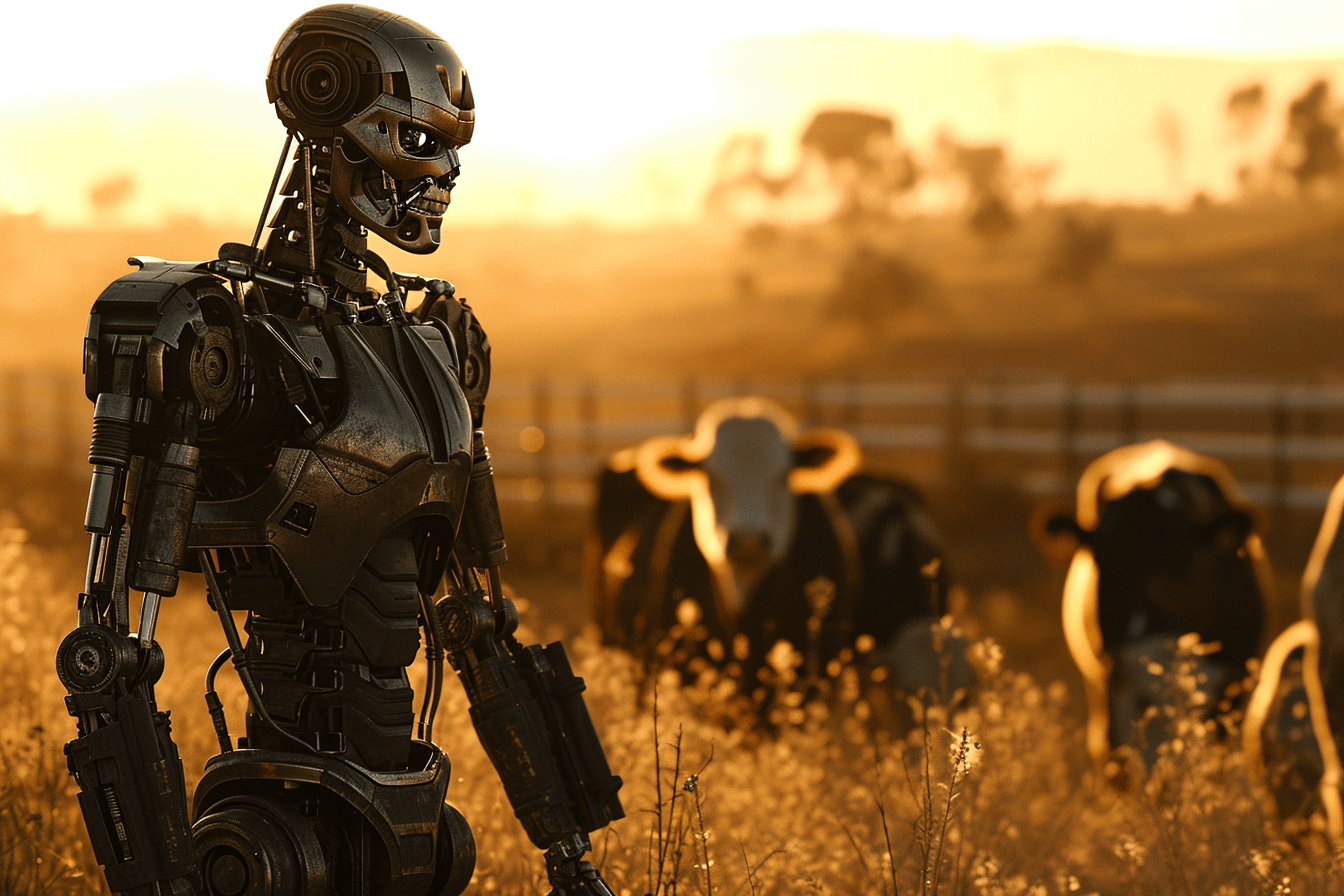AI presents not only threats, but also opportunities. Scientists from Virginia Tech in the USA want to fight global warming using artificial intelligence. But first, they want to understand what the cows have to tell us.
Cows contribute to global warming
Let's start with the fact that scientists indicate that breeding activities increase greenhouse gas emissions. Some governments are trying to do something about it. For example, in 2008, the Estonian authorities introduced a tax on cattle polluting the atmosphere. Yes, cows emit a lot of methane. In addition, they remain insensitive to additional fees. The Estonian tribute did not help and the breeding of these animals still emits too much gas that is dangerous to the world.
Scientists from the Virginia Polytechnic Institute and State University (Virginia Tech) have a different idea for saving the climate. Using artificial intelligence, they will analyze, among others: cow… burps. And although it sounds funny, it is serious.
Vocalization is the main way cows express their emotions, and it's time to start listening to what they are telling us
– prof. told the media James Chen, head of the project funded by the American National Institute of Food and Agriculture.
But how is the whole process supposed to take place? First, a microphone will be attached to the cow's collar. This is how the sounds the animal makes will be collected. Then, the collected data will be processed by artificial intelligence. It is supposed to read whether the cow is, for example, under too much stress or is sick.
Let's imagine a child crying on board a plane or in church. As a father, I would know whether the baby is crying because it is hungry or because it needs attention. The question we are asking is: Can we use sound data to interpret animals' needs?
– explained the ideas by one of the scientists, prof. Gonzalo Ferreira.
Additionally, AI will analyze sound frequency, amplitude and duration. Scientists will also examine the level of cortisol in saliva, which indicates stress levels.
Burping sounds are to be compared with genetic information to answer the question of which genes in cattle contribute to methane emissions.
What's the point of all this?
However, a persistent reader will probably wonder what all this is for. In addition to better understanding the factors affecting cow well-being, thanks to AI, producers will be able to understand the impact of various feed additives on the digestion of these animals.
Measuring methane emissions from cattle requires very expensive equipment that farmers usually cannot afford. If belching sounds are linked to methane release, we could inexpensively select animals that emit less methane.
– added prof. Ferreira. however, as he pointed out, the ultimate goal is “to create a publicly available database that will help develop appropriate policies and regulations.” It is also about adapting, among others, diet for cattle to produce as little CO2 as possible.

